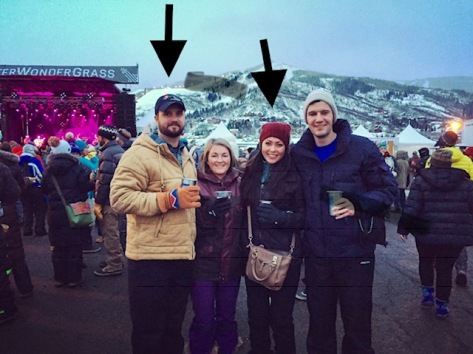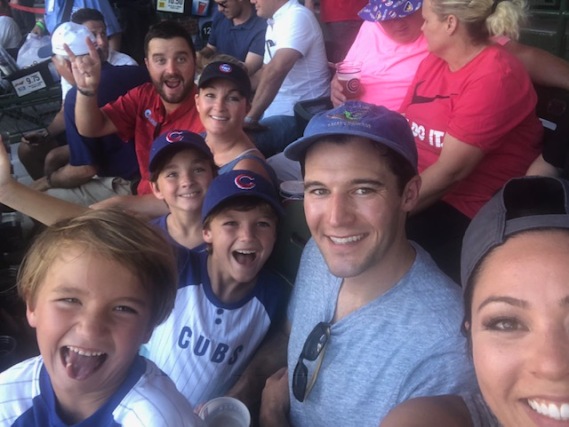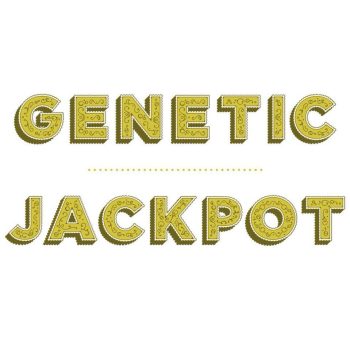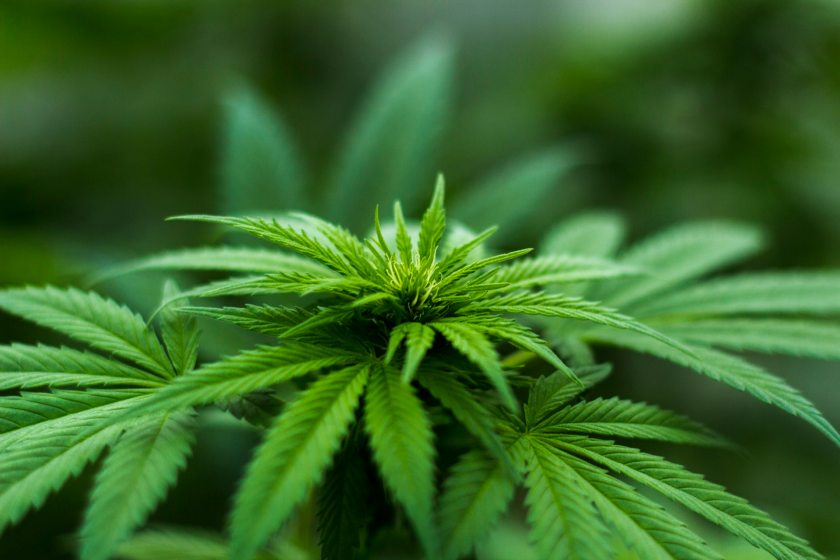When I decided to take a DNA test, I thought it’d be a fun kind of experiment. I’ve done a lot of research into my family tree, so I’m pretty knowledgeable about where my ancestors came from. What I didn’t realize was there were relatives who were much closer to me that I knew NOTHING about.  Most of the information I got about my family tree was strictly from research since my father passed away when I was young. I’m an only-child so for the past twenty (or so) years, I thought I’d always be an only-child. Thanks to a DNA test, I learned that wasn’t true. Since then, I’ve learned a lot more!
Most of the information I got about my family tree was strictly from research since my father passed away when I was young. I’m an only-child so for the past twenty (or so) years, I thought I’d always be an only-child. Thanks to a DNA test, I learned that wasn’t true. Since then, I’ve learned a lot more!
Part of my story was featured this week in an article by Natasha Lavender at Brit+Co. Here’s some more “advice” I’d give before taking a DNA test.
Natasha: What would you want people who even suspect that they might find out something new about their family to know beforehand? What do you wish you’d known?
Shannon: Some DNA testing companies have you “opt-in” to the relative finder function. That means, if you don’t choose to find family members via your DNA, you won’t uncover any surprise relatives. However, I used genetic testing to help me build out my family tree. The issue with direct-to-consumer testing though, you usually don’t have a genetic counselor there with you to explain your results. So when I found out that I had a half-brother, I didn’t have anyone to explain what it all meant or how to move forward.
Natasha: It sounds like you’re happy you found your half brother: would you say overall, especially given all the research you’ve done into different types of genetic testing, that you would generally tell people to go for it or avoid it?
Shannon: I can tell you that having my DNA tested has been the most life-changing thing I’ve done. For me personally, it’s been an amazing experience. I thought I’d always be an only-child since my dad passed away when I was young. To discover that I’m not the only child and that I have nieces and nephews has been so rewarding. That said, not everyone in my family had the same reaction. A lot of people found the news very alarming. I think some things take time to digest and if confronted with new information it all depends on how people embrace it.

(My brother, his wife, my nephews, my husband, and me at the Cubs game in Chicago)
Natasha: Are there any types of genetic testing you recommend over others?
Shannon: That’s tricky. It depends on what someone is looking to find out through their DNA. There are so many companies now offering genetic testing i.e. for ancestry, health, weight loss etc. I’d say the most important thing is to make sure you read the fine print and know how your DNA is going to be safe and protected.
Check out Natasha’s article here: Here’s Everything You Need to Know Before You Take a DNA Test


 Still, while we’re all different, the reasons why we may fail to lose weight are the same.
Still, while we’re all different, the reasons why we may fail to lose weight are the same. Researchers at the University of Colorado in Boulder have developed a genetic disruption strategy that stops the evolution of a “superbug.”
Researchers at the University of Colorado in Boulder have developed a genetic disruption strategy that stops the evolution of a “superbug.”






